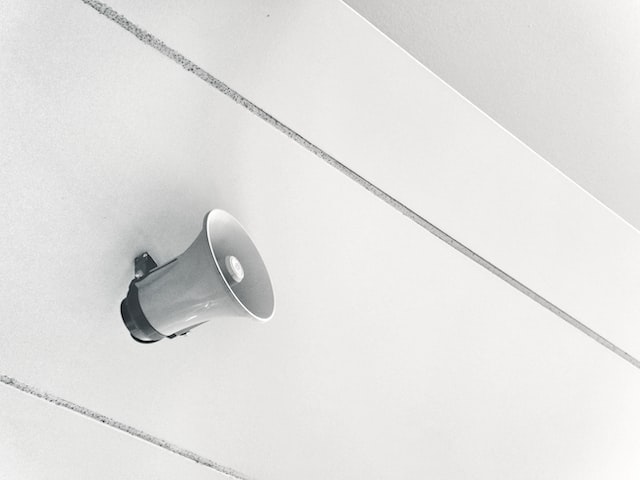Which law deals with noise pollution?
The noise pollution rules, 2000, deal with noise pollution. These rules fix the acceptable noise pollution norms, flesh out the exceptions and lay out the penalties that can be imposed on those violating these norms but are often thrown to the winds.
What does it say about using a loud speaker or a public address system?
A loud speaker or a public address system shall not be used except after obtaining written permission from the competent authority. This could be the DM, the Commissioner of Police, or any other officer not below the rank of Deputy Superintendent of Police.
When can a loudspeaker be used at night-time?
A loudspeaker or public address system or a musical instrument or a sound amplifier shall not be used at night time except in closed premises for communication within, like an auditorium, a conference room, community halls, banquet halls or during a public emergency.
Are there any exceptions to the rule?
The state government may permit use of loud speakers or public address system between 10.00 pm to 12.00 midnight on or during any cultural or religious festive occasion of a limited duration not exceeding 15 days in a calendar year. The state will specify in advance, the number and particulars of the days on which such exemption would be allowed.
What should be the ideal noise pollution levels?
The noise level at the boundary of the public place, where loudspeaker is being used shall not exceed 10 decibels above ambient noise standards for the area or 75 decibels whichever is lower.
What are the ideal decibel levels mandated by the rules?
The human ear can tolerate noise levels up to 85 dB. Anything beyond that can affect productivity and quality of life. Decibel levels of common sounds above 80 dB are considered ‘loud’, while sounds between 100-125 dB are termed ‘uncomfortable’.
What is a silence zone?
The rules also mandate the state government to categorize areas into industrial, commercial, residential or silence zones for implementing noise standards.
A silence zone is an area comprising not less than 100 metres around hospitals, educational institutions, courts, religious places or any other area so declared.
What are the noise standards in different zones?
Industrial area 75 (day) 70 (night)
Commercial area 65 (day) 55 (night)
Residential area 55 (day) 45 (night)
Silence Zone 50 (day) 40 (night)
Day time shall mean from 6.00 am to 10.00 pm and night time from 10.00 p.m. to 6.00 am.
Who can you complain to when noise pollution norms are violated?
The competent authority authorised to permit use of loudspeakers.
What action can be taken?
The authority can prevent, prohibit, control or regulate the noise levels by passing written orders. No such application will be rejected without hearing the complainant.
If you are annoyed by loud recitations of any kind the only thing to do in a civil society is to complain to the DM or the commissioner of police.
Or one could complain to the nearest police station in-charge. They will bring it down to tolerable levels or switch it off. There’s no need to indulge in competitive noise pollution.
Who monitors noise pollution levels?
There are 70 noise monitoring stations under the National Ambient Noise Monitoring Network in 7 cities: Bangalore, Chennai, Delhi, Hyderabad, Kolkata, Lucknow and Mumbai.
The ambient noise level data showed in 90 per cent of these stations found noise levels beyond accepted limits both during day and night. At some stations, noise levels recorded were nearly more than double the allowed norms.
Who keeps the air pollution data?
The State Pollution Control Boards or Pollution Control Committees shall in consultation with the CPCB collect, compile and publish technical and statistical data relating to noise pollution and measures devised for its effective prevention, control and abatement.
What have the courts said on noise pollution?
The Supreme Court has thrown its weight with the Noise Pollution Rules by insisting that no one use loudspeakers beyond 10 pm or burst crackers beyond that deadline. In another judgement, the Bombay High Court said in 2016 that no religious place can use a loudspeaker without permission from the competent authority. The Allahabad High Court recently said that the right to use loudspeakers in a mosque is not a fundamental right.

